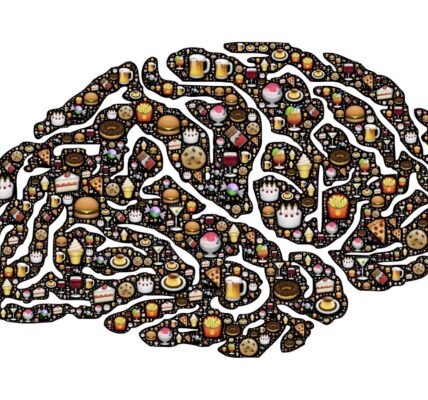Dysbiosis and Addiction, Cause and Effect?

The gut microbiome is the collective term for the trillions of organisms that live in the intestinal tract of every human. Some of the bacteria in there are considered good and some are considered bad, but the bottom line is, nobody knows anywhere near enough about the subject to make too many assertions about which are which, or whether any particular bug might be good for one purpose, but bad for another.
There is a general impression that they might actually all need to be there for some reason. When a problem arises, the cause might not be the particular kinds of organisms, but their relative numbers, and relationships between them that we don’t have a clue about. It is felt that an ideal balance should be maintained between the presumed good and the suspected bad ones, and that the actual problem is a lack of proper proportions, called dysbiosis.
Despite the absence of a large body of evidence about the bugs’ behavior, suspicion is growing that some of them might facilitate or even cause addiction. A few researchers are very interested in whether dysbiosis might “cause the gut to send signals to the brain that promote addiction behaviors.” If that is the case, what we really need is to figure out how to create the ideal conditions for a balanced population.
One thing we know for sure is that antibiotics kill intestinal bacteria indiscriminately, the innocent along with the guilty. It does seem possible that the antibiotics administered to cure a childhood illness might cause enough damage to predispose that person to alcoholism or hard drug dependency later on. It seems plausible that, for people with alcohol-use disorder (AUD), “the gut could become a treatment target,” according to a recent nature.com article.
In recent years, much has been discovered about how the intestines and the brain communicate with each other through the endocrine system, the immune system, and the vagus nerve. Overall, this is called the gut-brain axis, and many researchers are determined to discover its secrets.
Various factors affect the microbiome, including stress, inadequate nutrition, food allergies, medications including chemotherapy, and inflammatory bowel disease. The intestinal wall can become “leaky,” allowing food waste and bacteria to enter the circulatory system, which in turn stimulates immune cells to secrete cytokines and other inflammatory mediators that can get into and affect the brain. So yes, the brain produces or activates substances that influence the formation (or not) of addiction. But it appears very likely that the trouble can start elsewhere: in the gut.
This research is definitely worth pursuing because of the adverse effect on all of society when so many people suffer from AUD or SUD (substance-use disorder.)
According to the US Substance Abuse and Mental Health Services Administration, only 42% of people who receive treatment for any kind of SUD complete that treatment. Between 40% and 60% of people with an SUD will relapse, and it can take years — sometimes decades — of see-sawing between abstinence and relapse before someone achieves sustained remission.
Molecular biologist Andrew Day of Tufts University has a particular interest in the subject because he is four years sober and wants to stay that way. He studies the effect of the fungus Candida albicans on the intestinal well-being of mice, relative to their tendency to develop AUD or SUD. Neurobiologist Benjamin Boutrel of Switzerland’s Lausanne University Hospital worked with a team to addict rats to alcohol by changing their intestinal bacteria.
Physician/psychiatrist Drew Kiraly of Wake Forest University feeds antibiotics to rats to mess up their microbiomes, and then notes how easily they become addicted to hard drugs. But these are just rats. How do we know what might happen with humans?
At this point, the reader is urged to look up the article “Could the gut give rise to alcohol addiction?,” and learn about the investigations done by biomedical scientist Sophie Leclercq, of whom journalist Tammy Worth says,
Leclercq is one of few researchers able to work with people, instead of rats, because she is affiliated with a hospital with a detoxification clinic. But even she can find it difficult to get enough volunteers for studies.
[Leclercq has] …found that there is a very strong association between dysbiosis, the alteration of the gut microbiota composition, and symptoms like depression, anxiety or grief…
These are, not surprisingly, the same sort of people who are very susceptible to alcohol and substance use disorders. Why is this research so vital? The bottom line here is the elusive yet compelling possibility that…
For people with AUD whose guts are contributing to their condition, nutritional interventions, probiotics and prebiotics could eventually improve the odds of success.
Written by Pat Hartman. First published January 3, 2025.
Source:
“Could the gut give rise to alcohol addiction?,” Nature.com, March 7, 2024.
Image Copyright: Donald Weitz/Attribution-ShareAlike 2.0 Generic.




